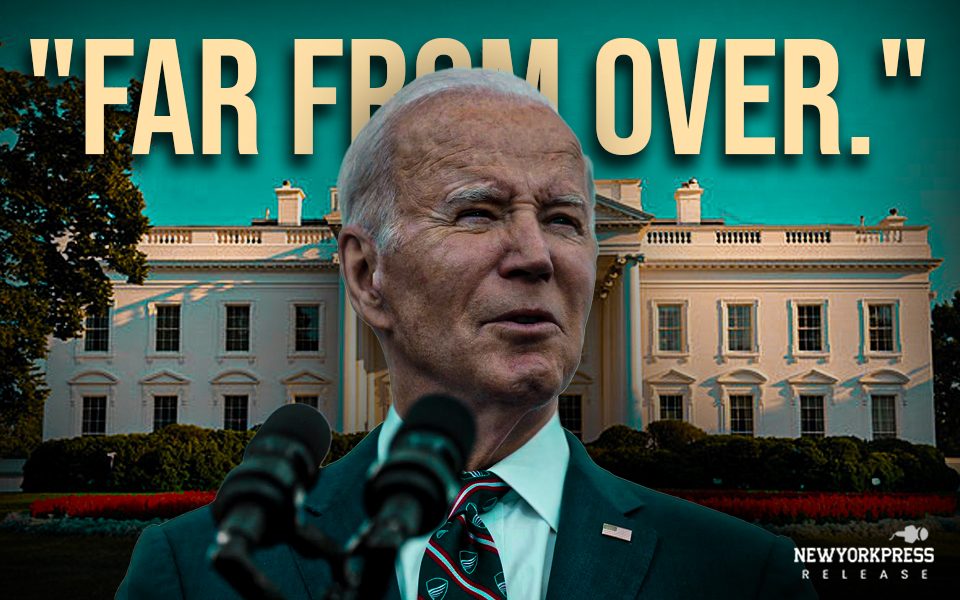Meta Platforms, the company that owns Facebook and Instagram, has chosen to continue banning new political ads in the wake of recent U.S. elections. It is one of the efforts that Meta is taking towards making its platforms free from interference and propaganda amid the wave of misinformation and the influence of digital campaigns on electoral processes.
Originally implemented as a ban on political ads in order to control the spread of misinformation and ensure that candidates had an equal playing field before the 2020 elections, Meta has now confirmed that the moratorium on political advertising will continue after the election, showing its commitment to fostering a more transparent environment for political advertising.
Expanding this ban underscores the challenges that social media companies face in freeing voices through expression, preventing any spur of misinformation and other ills. Political advertisements may be misleading at times, and Meta has been under strict scrutiny for allowing the spread of misinformation. Meta then hopes to curb a possible harmful rhetoric and false narratives that will eventually cause disruption in public trust in the democratic process through the continued maintenance of the ban.
This falls in the broader pattern of increased regulatory scrutiny on social media companies in terms of the manner in which political content is being managed. There has been much discussion and alarm over the political influence that social media wields, and more importantly, their accountability in terms of the content being disseminated through these networks. It can, therefore, be said that Meta took the first step, by which they responded to regulatory pressure by aligning it with some other potential regulations.
Apart from the political ad ban, Meta is taking new steps to increase transparency in its advertising practices. The company will enhance its ad library to allow users to view detailed information about political ads, including funding sources and targeting criteria. This step is aimed at giving users a better understanding of the reasons behind political advertising and holding advertisers accountable.
It is a reflection of increasingly urgent realization in the arena of political polarization and misinformation – of the need for responsibility in advertising. As digital advertisements evolve, Meta is careful that its platforms do not promote healthy political discourse among its users while leading them astray with misleading information.
In conclusion, Meta is going the extra mile to meet the principles of fostering an environment conducive to truthfulness and transparency in political advertising, thus leaving the company at the helm of the quest for a more accountable digital advertising ecosystem.




